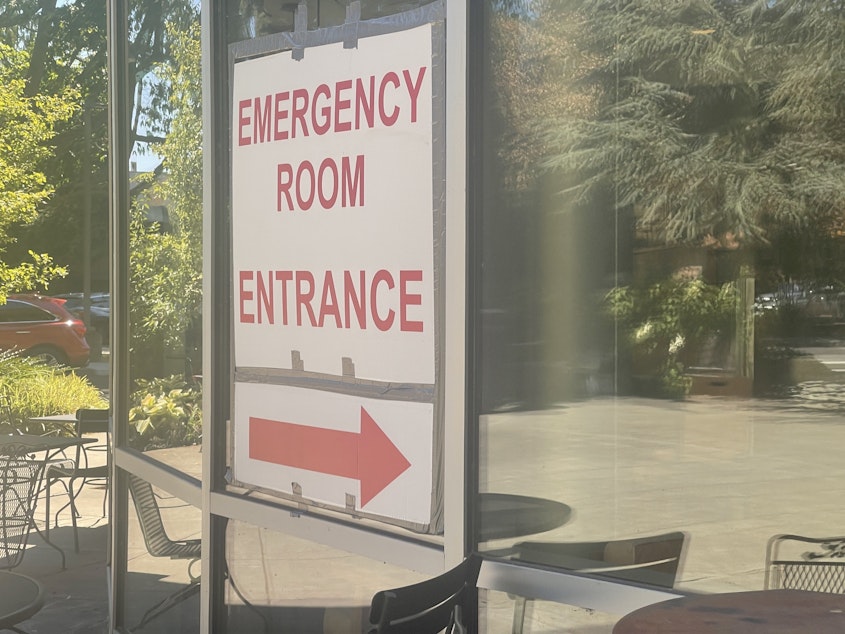Seattle-area heat wave kills at least three, sends hundreds to ER

A six-day heat wave, the longest in Seattle history, has killed at least three people in King County, according to preliminary reports from the King County Medical Examiner’s Office.
Another three people have drowned in the county since Thursday.
Two men in Seattle are believed to have succumbed to the heat, and a third man died in Issaquah on Saturday after his body dangerously overheated.
All three were between the ages of 64 and 77. The drowning victims, also all men, ranged in age from 22 to 67.
The scorching days and uncomfortably warm nights at the end of July weren't as extreme as the record-smashing heat in June of last year, which killed more than 1,000 people from Oregon to British Columbia.
But it was the longest heat wave in Seattle history, with the last six days of July 2022 all reaching at least 90 degrees. Portland had seven days in a row with temperatures of 95 degrees or higher.
The Oregon State Medical Examiner’s Office says it believes at least 14 people in Oregon have died from heat-related causes in the past week, according to the Associated Press.
Sponsored
Final determinations of causes of death could take months.
Pollution-driven global warming is making heat waves more frequent and more intense around the world, according to climate scientists.
According to the Washington Department of Health, heat-related illness sent more than 240 people to emergency rooms statewide from Monday, July 28, through Friday morning.
At UW Medical Center – Northwest in Seattle, a 90-year-old patient who asked not to be named spent hours recovering in an air-conditioned hospital room while two liters of rehydrating saline solution dripped into her veins on Saturday. She had passed out, overheated and dehydrated, earlier in the day.
The very old, the very young, and people who are pregnant or have chronic medical problems are especially vulnerable to extreme heat.
Sponsored
Washington Department of Health officials haven’t yet tallied the number of heat-related emergency patients over the weekend, when several outdoor concerts and other large events were held in the heat.
A health department spokesperson declined to release the number of people statewide killed by the recent heat because of privacy concerns.




